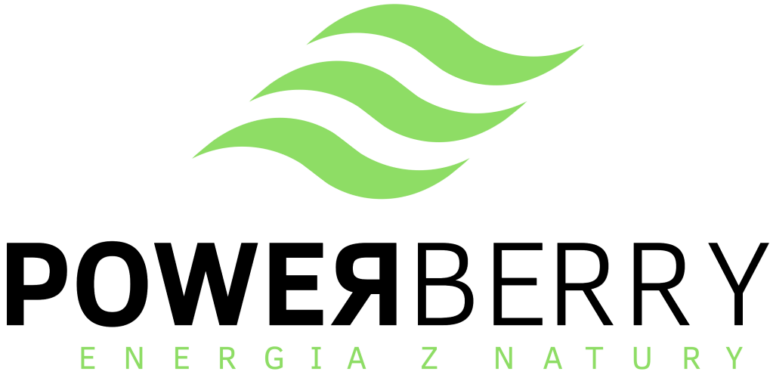Faced with rising energy costs and increasingly stringent environmental regulations, our company offers comprehensive consulting services focused on improving energy efficiency. We concentrate on providing solutions that not only contribute to reducing energy consumption and greenhouse gas emissions but also generate operational cost savings.
Our services include:
- Energy Audit: Our team of experts will conduct a detailed energy audit of your enterprise, identifying key areas where energy savings can be achieved. This is the foundation for developing effective energy efficiency strategies.
- Thermal Insulation Upgrades: We advise on improving the thermal insulation of buildings, windows, and doors, which is crucial for maintaining heat in winter and keeping cool in summer, thereby reducing the need for additional heating and air conditioning.
- Renewable Energy Implementation: We support the selection and implementation of systems that utilize renewable energy sources, such as solar panels or wind turbines, to reduce dependence on traditional energy sources.
- Lighting Efficiency: We offer solutions for energy-efficient lighting, including the use of LED technology and intelligent lighting management systems, significantly reducing energy consumption.
- Industrial Process Optimization: We analyze and improve production processes, introducing technologies and methods that enhance energy efficiency.
- Low-Emission Transport Solutions: We promote environmentally friendly transportation options that help reduce exhaust emissions and fossil fuel consumption.
- Energy-Efficient Appliances: We advise on the selection and use of energy-efficient household and industrial appliances, which translates into lower energy bills.
- Energy Management Systems: We implement advanced energy monitoring and management systems, enabling optimization of consumption and detection of wastage areas.
- Heating and Cooling System Improvements: We offer solutions for efficient heating and cooling, minimizing energy loss.
- Educational Programs and Energy Awareness: We organize training for employees and stakeholders to raise awareness about energy efficiency and practical ways to save energy.
Our goal is to support your enterprise in achieving higher energy efficiency and sustainable development, in accordance with current and future legal requirements. We invite you to collaborate and start the energy transformation process with our help.
IMPROVING ENERGY EFFICIENCY
Improving energy efficiency means reducing energy costs by decreasing its consumption, defined as the ratio of the useful effect obtained from a given building, technical device, or installation under typical conditions of their use or operation, to the amount of energy consumed by that object, device, or installation, or as a result of a service performed to achieve that effect.
The aim of improving energy efficiency is to reduce energy consumption in enterprises, in line with the Act of May 20, 2016, on improving energy efficiency. Achieving this goal involves implementing actions aimed at increasing energy efficiency. This includes any changes or improvements introduced in objects, technical devices, or installations, which lead to maximization of primary energy savings.
Rational energy use and actions reducing its consumption level enable an enterprise to operate more efficiently, economically, and become more environmentally friendly.
The range of possibilities for improving energy efficiency, thus lowering the operating costs of an enterprise, is very broad. In many cases, actions do not require the use of advanced technologies but are related to typical optimization operations in the processes and energy infrastructure with small or medium investment outlays.
Such actions can include:
- production processes of goods – more efficient use of compressed air, condensers, switches, and valves, use of automated and integrated systems, active standby modes,
- motors and drives – greater use of electronic control devices, stepless drives, integrated user programming, frequency changes, high-efficiency electric motors,
- fans, stepless drives, and ventilation – new devices/systems increasing energy savings, use of natural ventilation,
- active demand response management – load management, systems for balancing peak network loads,
- high-efficiency cogeneration – devices for combined heat and electricity production,
- heating and cooling – heat pumps, new efficient boilers,
- insulation and ventilation – wall and roof insulation (low heat transfer coefficient), double or triple glazing in windows, passive heating and cooling, energy efficiency and building thermomodernization,
- hot water – installation of new devices, their direct and efficient use in space heating,
- lighting – lighting modernization, new efficient bulbs and resistors, digital control system circuits, use of motion detectors in commercial buildings,
- cooking and refrigeration – new, efficient devices, heat recovery systems,
- other equipment and devices – devices for combined heat and electricity production, new efficient devices, time controllers for optimal energy consumption, installation of capacitors to reduce reactive power, transformers with low losses,
- energy production from renewable sources and reducing the amount of energy purchased – solar collectors and domestic thermal sources for obtaining hot utility water, heating and cooling rooms supported by solar energy.






























